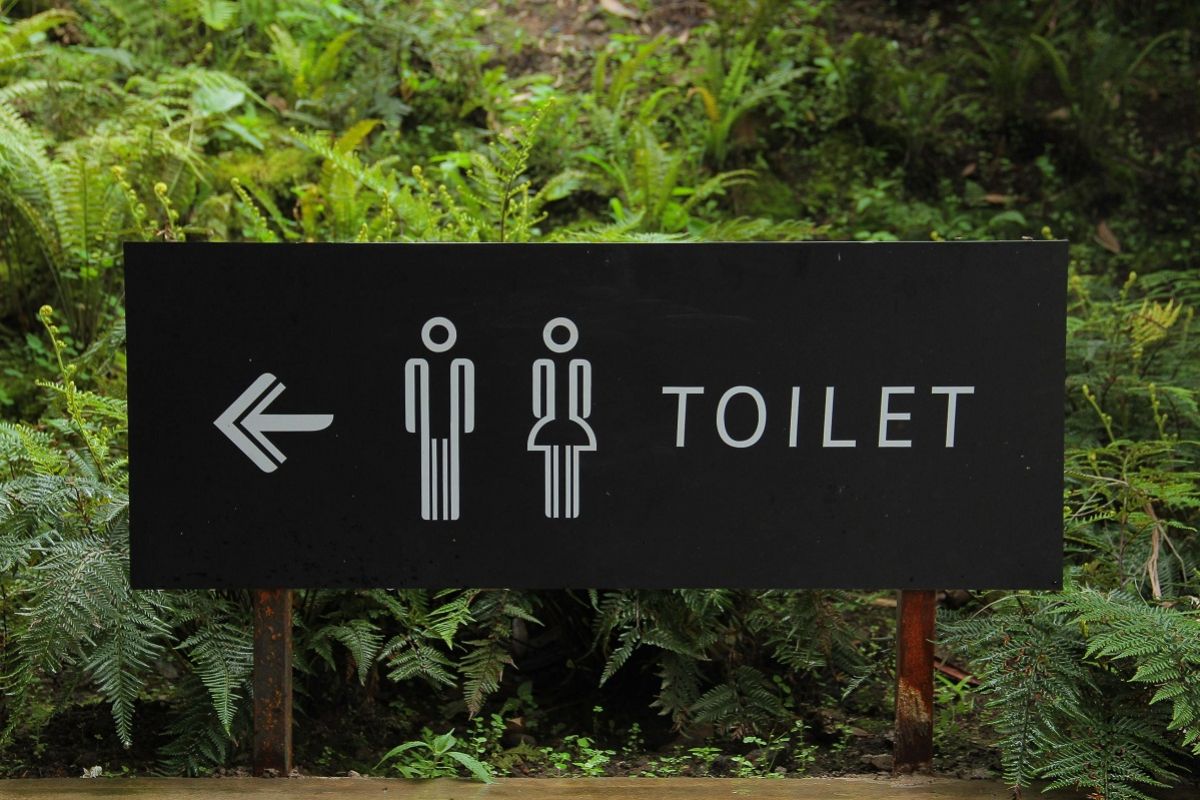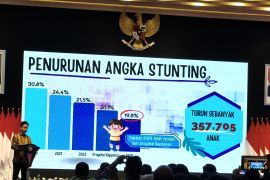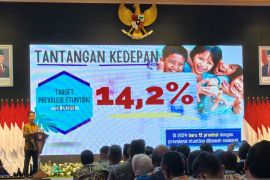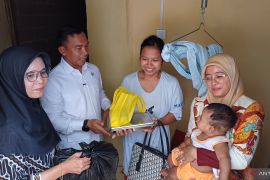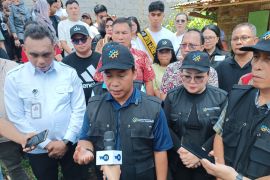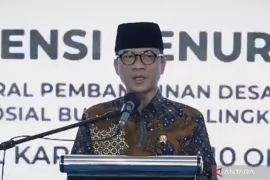"The seven districts are Jayapura, Keerom, Sarmi, Waropen, Yapen Islands, Mamberamo Raya, and Supiori," Papua Governor's Expert Staff for Community and Human Development Daniel R Senis said here on Sunday.
According to him, the only regions in Papua that have reached 100 percent elimination of open defecation are Biak Numfor District and Jayapura City.
Related news: BKKBN attributes stunting prevalence to living environment quality
"Open defecation cannot be taken lightly because it is a serious problem that has a detrimental impact on the environment, and has the potential to transmit disease germs such as diarrhea, typhoid, dysentery, and cholera," he said.
He explained that children who frequently have those diseases will have their growth and development disrupted and ultimately this can result in stunting and even death.
"For that reason, we are encouraging the seven districts to immediately reach the target of 100 percent open defecation elimination in villages because this is in line with the mandate of sustainable development goals," Senis said.
Meanwhile, UNICEF Indonesia's Chief Field Office of Papua Aminuddin Ramdan stated that his office will continue to support the government in promoting the importance of good sanitation in villages to handle stunting.
Stunting reduction is a priority program of the Indonesian government, which is seeking to bring down stunting prevalence to 14 percent this year.
"Sanitation also has many relations with other diseases such as polio, whose transmission occurs through feces," he said.
He noted that based on data, there are 500 villages in Papua that are not yet free from open defecation.
Related news: Mayors should use CSR funds for MCKs: Jakarta acting governor
Translator: Qadri Pratiwi, Raka Adji
Editor: Rahmad Nasution
Copyright © ANTARA 2024
